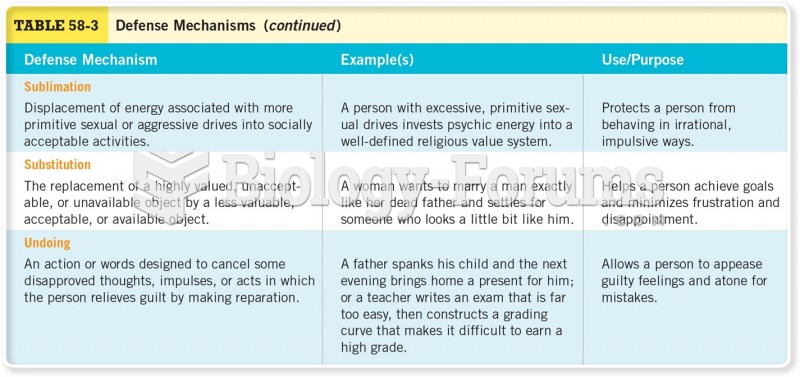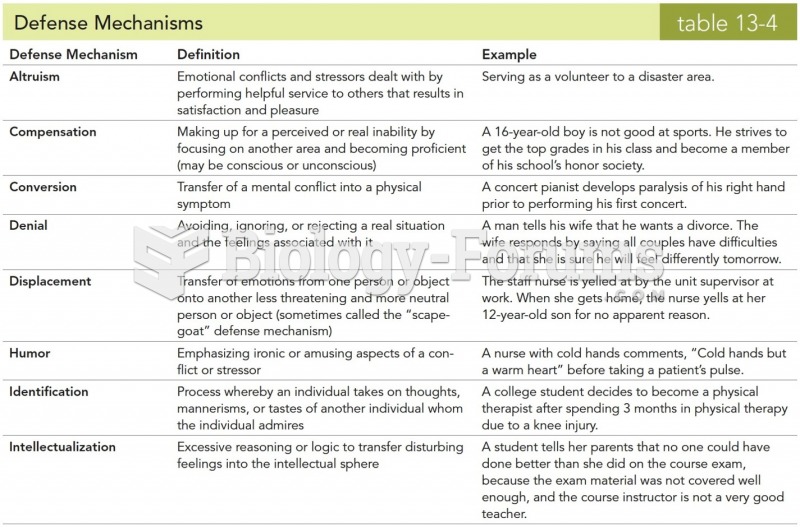Answer to Question 1
American judges in our adversarial system are neutral participants who referee or moderate advocacy by prosecution and defense representatives. Judges may be elected into position, appointed into position, or a combination of both. Judges terms vary by state and court system. Both judges and prosecutors have law degrees and receive their mission and authority from legislation. Judges are responsible for evaluating the admissibility of the evidence. His or her job is to ensure that evidence collected illegally, evidence that is unduly prejudicial, or evidence that is irrelevant to the facts of the case is excluded from presentment. The judge is an interpreter of the law and must rule on motions and objections. In addition, the judge is responsible for maintaining decorum in the courtroom and for appropriately applying the rules of evidence. This includes ruling on questions of relevancy, vicinage, and materiality. Also, the judge is tasked with determining the competence of witnesses and assessing the qualification of expert witnesses. Finally, the judge is responsible for instructing the jury on the law or laws applicable to the case.
Likewise, prosecutors may be elected into position, appointed, or a combination of both and their terms also vary by state and court system. Prosecutors serve not only as the advocate for the government but to pursue procedural justice and a finding of guilt through the providing of proof of beyond reasonable doubt in criminal cases. Prosecutors are ethically bound to exercise restraint in cases in which charges are not supported by probable cause; to cease practices that encourage the waiver of pretrial rights by defendants who are not represented by counsel; to ensure timely disclosure of exculpatory evidence and/or mitigating factors; to make reasonable efforts to ensure that the defendant has been advised of his right to counsel; and to refrain from making extrajudicial statements that have a substantial likelihood of heightening public condemnation of the accused.
Defense attorneys have the responsibility to serve as counsel and advocate for the accused, and in criminal case they are to attempt to create reasonable doubt in the minds of the jury. Defense attorneys can be privately retained or public defenders salaried by the government to aid those that are indigent. Defense attorneys are ethically bound to avoid delays by all legal means available, including the maintenance of a workable caseload, and should diligently meet all deadlines established by applicable rules so as not to harm their clients' interests. They should continue their education and training so as to best serve their clients. They are expected to develop a relationship of trust and confidence with the accused and to further this by keeping the defendant fully apprised of all aspects of the case. They are expected to discuss all possible outcomes of a case frankly, including giving a candid assessment of the expectations. They are obligated to enter into plea negotiations on behalf of their client while protecting the defendant's rights. They must also protect the legal interest of their client even in cases in which the defendant is adverse to such.
Answer to Question 2
Indirect







